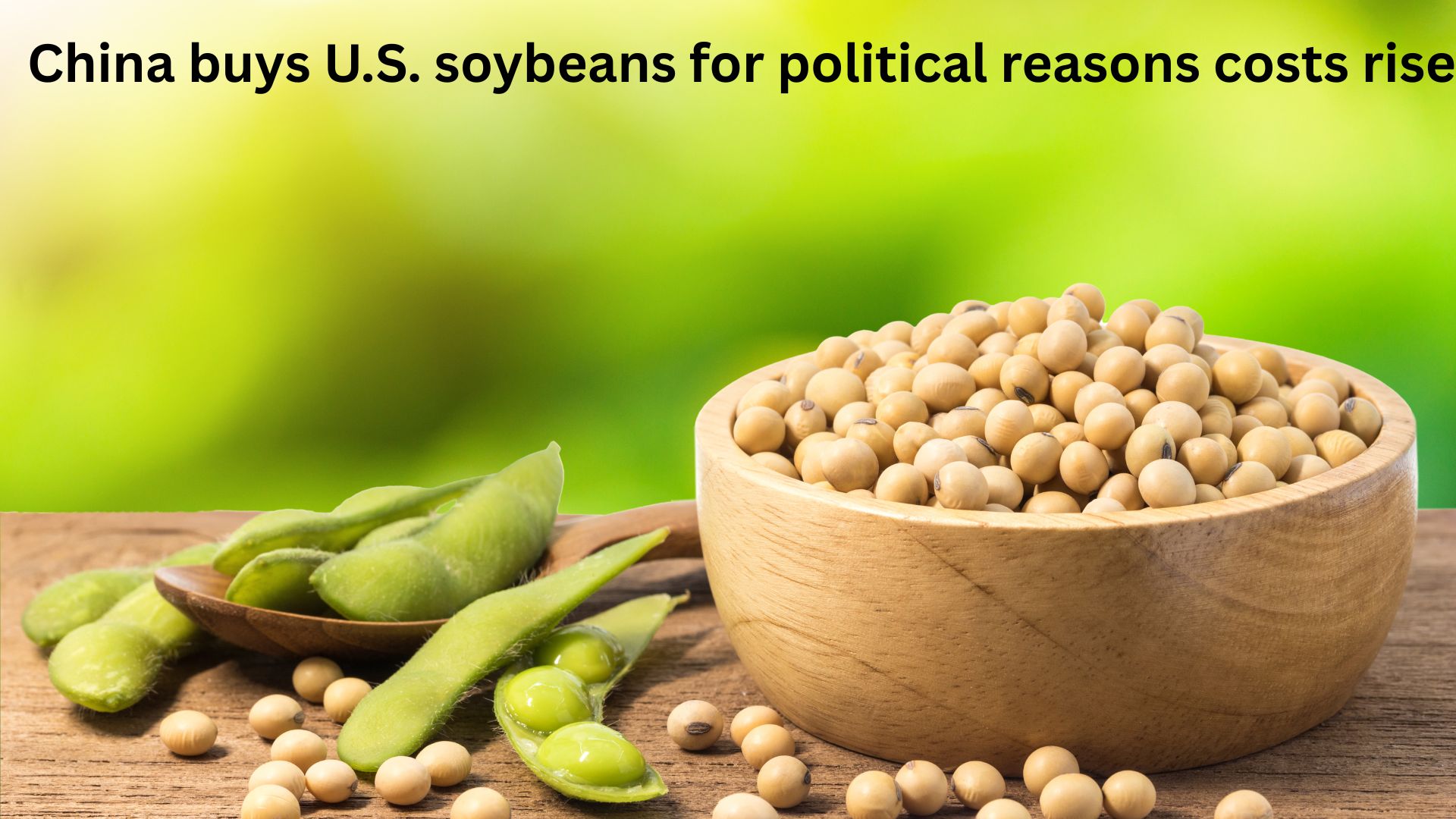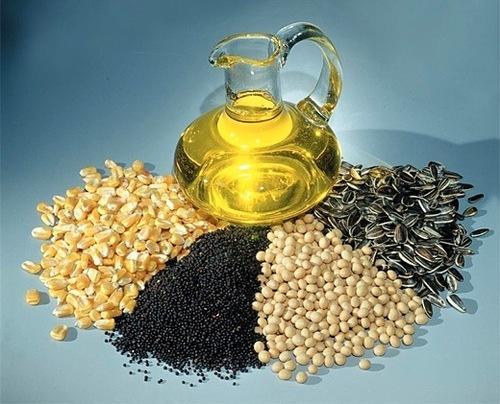The Government stated that the stock positions of wheat and rice are at favorable levels on Wednesday. In April, the level will exceed the buffer stock ceilings. However, compared to last month, the wholesale cost of wheat and rice is somewhat higher this month. As of November 15, according to Union Food Secretary Sanjeev Chopra, there are around 201 lakh tonnes (lt) of wheat and 140 lt of rice available in the Central pool. In contrast to the buffer standards of 75 lt, the predicted stock position for wheat on April 1, 2023, is 113 lt. In the case of rice, the stock position is anticipated to be 237 lt (on April 1), which is more than the 136 lt buffer requirement.
The National Food Security Act (NFSA), the Prime Minister Garib Kalyan Anna Yojana (PMGKAY), and other welfare programs’ criteria for additional allocation have been met, the Ministry said, there will still be enough stocks available under the Central Pool above and beyond the buffer standards. KHARIF PROCUREMENT According to Chopra, until November 21 (during the Kharif marketing season KMS 2022–23), roughly 277.37 lt of paddy had been purchased, which is about 14 lt greater than the same period the previous year. According to the Ministry, 775.73 lt of paddy should be purchased from the current KMS 2022–23’s Kharif crop.
When asked about the pricing trends for wheat, Chopra responded, “Wheat prices have gone up by 7 percent in retail outlets since the installation of the wheat export regulation in May, and if one factor in the Minimum Support price (MSP), the price rise is projected at roughly 45 percent.”Export restrictions on rice, including a prohibition on shipments of broken rice and a 20 percent export levy on white rice in September, were implemented after restrictions on wheat exports, which were outlawed on May 13 in order to increase domestic supplies and manage prices.
Regarding whether the Ministry was considering taking more measures to stop the rise in wheat prices, such as stockholding restrictions and the open market sale system (OMSS), Chopra said: “The situation at this time does not merit any form of action other than the measures already taken. We are keeping an eye on the issue, and if we notice an unusual increase in costs, we will surely take action. He claimed that the interministerial council regularly tracks the cost of necessities. According to officials, there has been a downward trend in the retail pricing of edible oils, and more price easing is anticipated.

